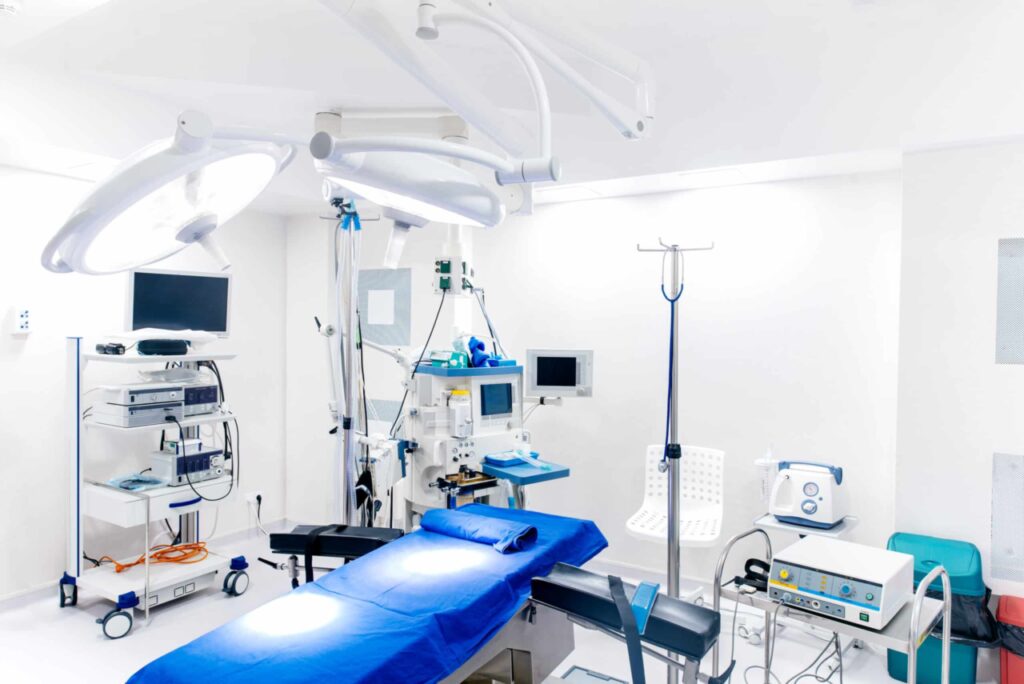It’s an unfortunate, dangerous reality that cybercrime is on the rise. In every industry we are seeing reports of massive numbers of data breaches and cyberattacks.
Medical practices are particularly vulnerable to these data attacks, as our personal medical information is highly valuable and confidential to criminals. In fact, statistics show that in the third quarter of 2022, at least 1 in every 42 healthcare organizations were affected by some form of ransomware.
But these attacks don’t just affect medical practices; they also impact medical devices. So what is medical device cybersecurity and how can your practice stay protected?
What is Medical Device Cybersecurity?
Put simply, medical device cybersecurity is the security measures taken to protect a medical device from cyberattacks. A medical device in this context is any kind of hardware or software used to monitor, diagnose, treat, or prevent diseases and injuries. This includes:
- X-ray machines
- Drug-infusion pumps
- Pacemakers
- Wearable health devices
- MRI machines
- Medical records
- Hospital networks
- Smartphones and tablets used to access medical data
To help medical practices stay ahead of the cybercriminals, the US Food & Drug Administration (FDA) has released recommendations for healthcare organizations to follow in order to mitigate any potential risks associated with using medical devices. The FDA’s cybersecurity recommendations for medical devices, due to be released in 2023, will include guidelines for the regulation and safe implementation of medical device cybersecurity.
A Breakdown of At-Risk Devices
As mentioned before, there are a few medical devices in particular that we should take extra precautions with and review their safety measures. Let’s take a look at a few:
- Drug-Infusion Pumps: Used to supply patients with different antibiotics, pain killers, insulin, and other medications, these pumps are vulnerable to attacks as they can be remotely accessed and manipulated.
- Pacemakers: These life-saving devices monitor a patient’s heart rate and rhythm and can be reprogrammed or turned off from afar.
- Wearable Health Devices: Fitness trackers, blood pressure monitors, and other wearables have the potential to be hacked if not properly protected.
- MRI Machines: Magnetic Resonance Imaging (MRI) machines are used for diagnostics in hospitals, but they are also susceptible to hacks if their security measures are not up to date.
- Medical Records: Patient records contain very sensitive information that hackers can use for identity theft or financial gain. Therefore, it is essential that any medical records are kept secure and encrypted.
- Hospital Networks: With the increasingly interconnected nature of medical technology, hospital networks are also at risk of cyberattacks if not secured properly. A network attack or outage could have catastrophic results not only for connected medical devices but for patients relying on the network for life saving technologies.
How Can a Managed Service Provider Help?
When it comes to ensuring your medical practice is secure from cyberattacks, a managed service provider (MSP) can offer invaluable assistance. An MSP can provide comprehensive healthcare IT solutions as well as data protection and emergency response measures to keep your practice safe.
Fresh Managed IT: Your Local Medical Cybersecurity Provider
At Fresh Managed IT, we are committed to helping medical practices stay ahead of the cybercriminals with our range of advanced healthcare IT solutions. Our team of professionals can provide cutting-edge security services tailored specifically for your practice’s needs and reinforce your medical device cybersecurity.
Set up a meeting with us today to find out how we can help keep your patient data secure!

